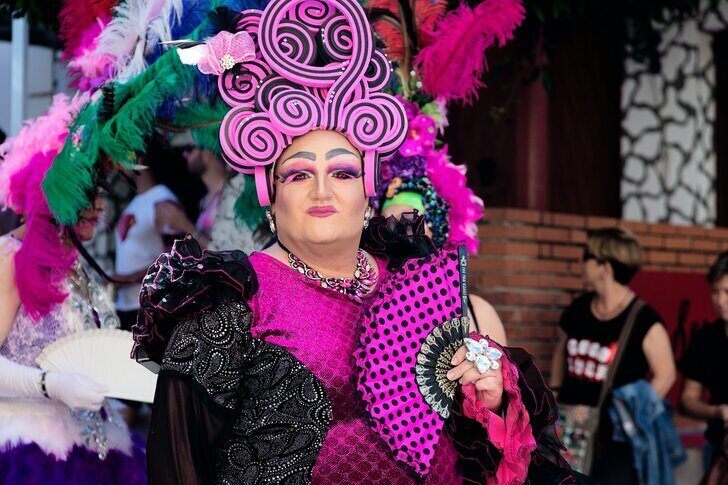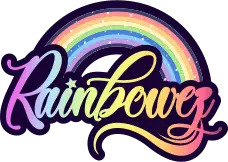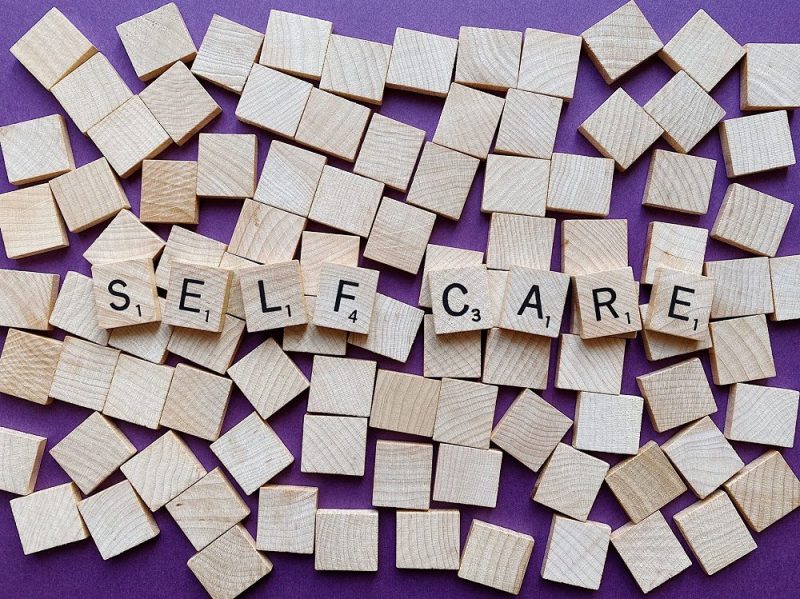What was your first reaction to RuPaul's “Drag Race” show? For many people, it probably went something like "what on Earth are they talking about!"
Despite drag queens being around for years, many people struggle to keep up with their unique words and vocabulary. Some say it's confusing, some call it overrated, and others just hop on to the internet to Google every word they hear. But no matter which category you belong to, after reading this article, you will be much more familiar with the terms used by the community and their underlying meaning.

Bret Kavanaugh/Unsplash | Despite drag queens being around for years, many people struggle to keep up with their vocabulary
So let’s gear up and take a dive into the most common drag terms you’ll ever come across.
#1 - Shade
Many of us usually refer to the word shade as protecting something from external elements like sunlight, etc. But in the drag world, shade is akin to calling someone out, criticizing them bluntly or just insulting them in general.
#2 - Sickening
As a general vocabulary term, sickening is used to describe an illness or feeling of despair or disappointment. But in the reel world, it's used to compliment others. For instance, if someone is looking particularly attractive on a given day, you could compliment their looks by telling them that they're sickening.
#3 - T
Spelled as ‘tee’ or ‘tea,’ the letter T stands for truth. It's often used in short phrases like “all tea, all shade” or “no tea, no shade,” as in no disrespect. Interesting how just one letter could do so much, right!?

Alejandro Cartagena 🇲🇽/Unsplash | Spelled as ‘tee’ or ‘tea’, the letter T stands for truth. It's often used in short phrases like “all tea, all shade” or “no tea, no shade” as in no disrespect
#4 - Read
What would you do if your mom asked you to read? Naturally, you will find a book and sit down in a quiet spot, isn't it? But if a drag queen is asked to read, they have to speak about a specific person's personality or what kind of vibes they get when they are around them.
#5 - Clock
Don't get us wrong, for this clock isn't the one that tells time. Instead, it stands for calling out someone who tries to conceal their flaws a little too much.
#6 - Glamazon
Want to try this one? It's not that hard to guess! Glamazon is used to describe a tall, glamorous, and self-confident woman. It's also used as a reference to RuPaul's song of the same name.

Quino Al/Unsplash | Glamazon is used to describe a tall, glamorous, and self-confident woman
Bottom Line!
Understanding the drag vocabulary can be tough, but if you’re keeping up with the show, slowly but surely, you’ll get used to the unusual terms and who knows? You might also start using them in your everyday conversations.





